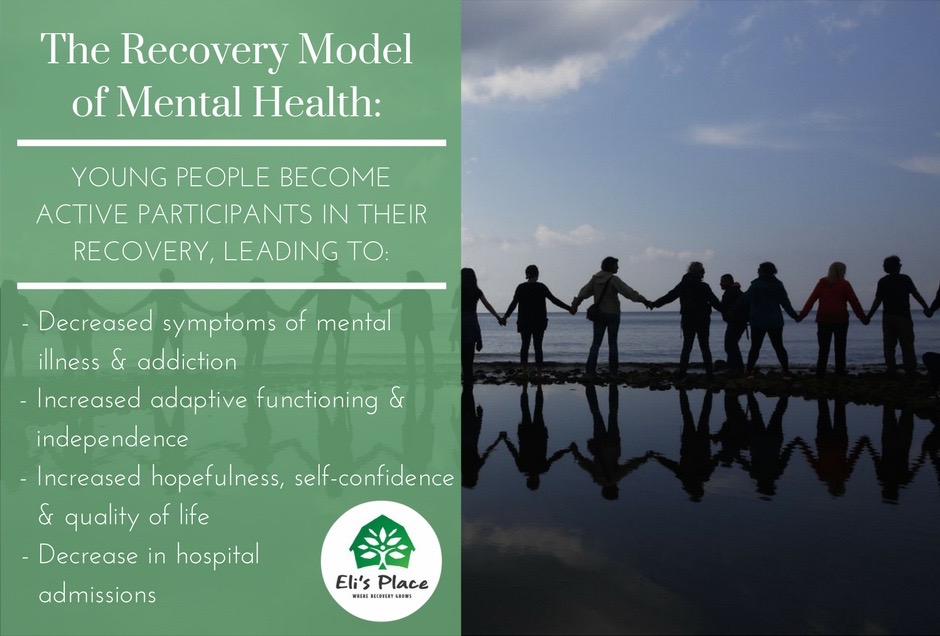We are in the middle of a Mental Health Revolution. The word is starting to spread that mental health should be treated with as much seriousness and compassion as ailments of the physical body. People in positions of power are beginning to speak up and take action on their mental health issues. And campaigns such as #EndTheStigma and #BellLetsTalk allow people across the Internet to open up and speak clearly about their experience with mental health issues, whether their own or with someone they know.
But the stigma is not gone yet, and we have a long way to improve Canada’s Mental Health Care system. For instance, 20% of Canadians will personally experience a mental health issue in their lifetime. Suicide accounts for 24% of all deaths among 15-24-year-olds, 16% among 25-44-year-olds and is one of the leading causes of death in men and women from adolescence to middle age. Anxiety has become a way of life for the Millennial generation, and Universities continue to struggle with addressing growing mental health concerns among students. And unfortunately, going door to door is not going to cut it.
On #WorldBipolarDay, we would like to offer you a list of things you can do to GET LOUD about ending the stigma around Bipolar Disorder specifically, and mental health issues more generally. Here are five actions you can take today!
1) Educate Yourself
Stereotypes abound out there about what Bipolar Disorder is and is not. Bipolar Disorder is not a black and white issue – there are different types, and it can manifest itself alongside other mental health concerns. Take time on #WorldBipolarDay to read about this mental illness so that you can empathize with those who are struggling with it. Here’s an article we’ve found to get you started.
2) Educate Others
As those hashtag campaigns mentioned above demonstrate, there is power in speaking out and spreading knowledge. Take a moment on #WorldBipolarDay to educate others by posting interesting facts about bipolar disorder on your social media. For instance, did you know that Bipolar Disorder is an ‘episodic illness?’ This means that periods of stable moods and wellness will be between the highs and lows. Bipolar disorder is often misdiagnosed as depression in women and schizophrenia in men. Pull out your own interesting facts from the well of knowledge already out there and start talking about it!
3) Support Mental Health Care Innovation
There is no question that Canada’s mental health care system is not meeting the needs of those who seek help. On #WorldBipolarDay, consider donating to the programs and organizations trying to take Mental Health Care to the next level in this country.
Eli’s Place will be the first long-term mental health care treatment centre for young adults struggling with mental health and substance abuse issues in Canada. Surprisingly, centres like Hopewell Farm in Ohio and Gould Farm in Massachusetts do not yet exist here. We are taking steps to make this happen. You can be part of the solution by donating today! Read about the story that inspired Eli’s Place here.
4) Write About Your Own Experience
If you live openly with Bipolar Disorder, consider writing a blog post about your experience and share your story with others. This is something you should do only if you feel comfortable. Adding your voice to the growing chorus is a powerful way to show the world that indeed, there is no shame in having a mental health ‘disorder.’ Here is an example from @CalculatingMind on Twitter that we recommend giving a read: https://www.lovenotstigma.com/in-the-shoes-of-a-maniac/.
5) Watch Your Language
The language we use is powerful. Our culture has a growing awareness that casually referring to someone as ‘crazy,’ ‘nuts’ or ‘insane’ is no longer acceptable. These words have historical connotations that throw back to a time when mental illness was not understood and those who experienced mental health issues were shunned. Like other derogatory terms in our culture, these too need to fade away.
Thanks for reading! Please follow Eli’s Place on Facebook and Twitter for updates!
Eli’s Place Residential Treatment Centre will offer a range of recovery-based programs for adults 18 – 35 years of age who have a serious mental illness, and who may also be struggling through issues of substance abuse.
The first of its kind in Canada, Eli’s Place will provide treatment within a therapeutic rural environment. There, participants will develop the skills to recover from illness, as they gain valuable life and work skills to help ensure a successful transition back to the community. As part of its multi-phase approach, Eli’s Place will also provide ongoing in-community support as needed.





